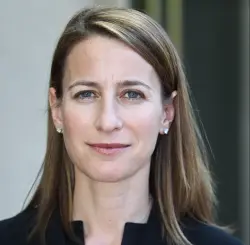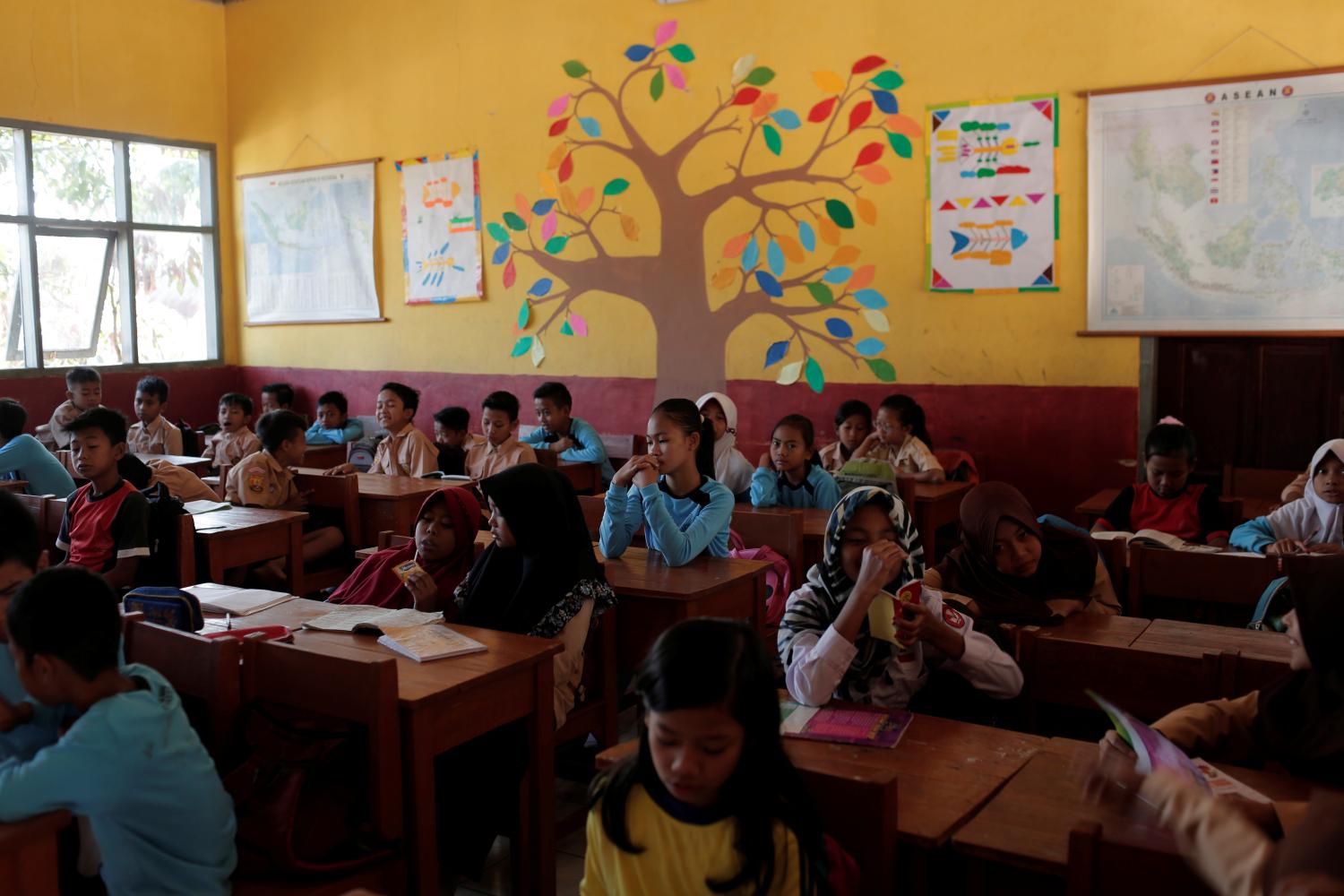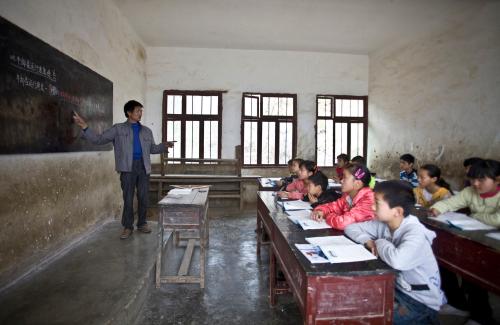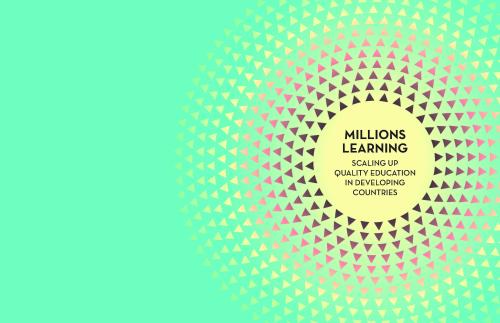Millions Learning, a project of the Center for Universal Education (CUE) at the Brookings Institution, addresses the question of how to scale quality education for all children and youth. CUE is launching Real-time Scaling Labs in partnership with local institutions in a number of countries and U.S. cities to generate more evidence and provide practical recommendations around the process of scaling in global education, encouraging a stronger link between research and practice. These labs are not physical spaces, but rather a process established by CUE and partner institutions to learn from, support, and document existing efforts to scale interventions focused on improving children’s learning as they unfold in real-time. This will include observing, gathering, and analyzing data, as well as encouraging self-reflection, recommending course corrections based on existing evidence, documenting the scaling process in real-time, and sharing ongoing learning with those involved. The ultimate goal is to support initiatives as they scale while simultaneously gaining deeper insight into how policymakers, civil society, and the private sector can most effectively work together to bring about large-scale transformation in the quality of children’s learning and their development.
The impetus for the Real-time Scaling Labs—and overarching problem statement—is that as we look at the education landscape of innovations working at a local level, it often does not translate to the systemic change needed to solve the global learning crisis. While there is growing evidence around which educational strategies improve children’s learning, we know much less about how to translate this into improved policies and practices at scale. CUE believes that this requires a combination of technical and political strategies to scale evidence-based interventions, mechanisms to accelerate the adoption of new practices, and strengthening local capacity for successful adaption and scale.
Within and across each of the labs, CUE will draw lessons to better unpack and understand the scaling process, using these lessons to feedback directly into the initiatives participating in the labs, as well as contributing to building a more robust, actionable evidence base on scaling globally. More specifically, each of the labs will explore what technical and political considerations need to be addressed, and how they have been addressed, to expand the impact of quality education initiatives. This will include developing tools targeted for policymakers, practitioners, and funders to offer practical guidance on how best to scale evidenced-based approaches
in education.
Objectives of Real-time Scaling Labs
- Strengthen scaling efforts through a forum for peer-to-peer learning in which lab participants discuss lessons learned and develop strategies to address challenges faced during their education interventions’ scaling journey.
- Provide ongoing evidence-based guidance to lab participants, including practitioners and policymakers, on how to identify, adapt, and expand effective approaches to scaling education interventions. Guidance will be drawn from the report Millions Learning: Scaling up quality education in developing countries and other scaling resources and tools in education and other disciplines.
- Document participants’ scaling experiences in real-time to feed back into a rapid and iterative learning cycle, as well as into the development of global public goods for scaling in education.
- Study modes of communication and collaboration among lab participants as a potential model for reflective learning and knowledge sharing generally.
- Identify mechanisms and approaches for connecting those innovating in education delivery with those designing and implementing policies and programs.
- Identify gaps in the scaling evidence base and areas for further research.
Download the full report here
The Brookings Institution is committed to quality, independence, and impact.
We are supported by a diverse array of funders. In line with our values and policies, each Brookings publication represents the sole views of its author(s).






